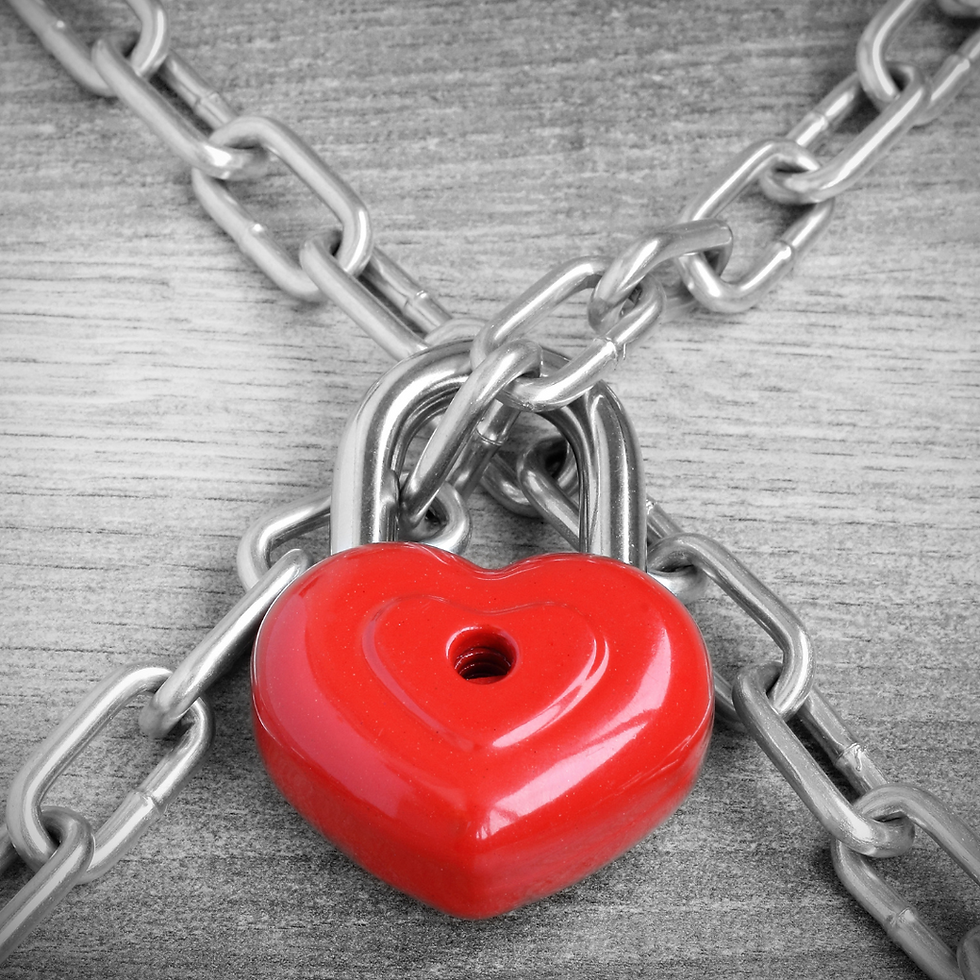What Are the Psychological Effects of Coercive Control?
- maryjefferson169
- Jul 6, 2023
- 2 min read

Coercive control refers to a pattern of abusive behaviors aimed at dominating and controlling another person through manipulation, intimidation, and isolation. While it is often associated with domestic violence and abusive relationships, coercive control can manifest in various contexts such as workplace environments or friendships. This article delves into the psychological effects of coercive control, highlighting the profound and long-lasting impact it can have on the victims.
Emotional trauma: One of the primary psychological effects of coercive control is emotional trauma. Constant belittlement, humiliation, and degradation gradually erode a person's self-esteem and sense of self-worth. Victims often experience intense feelings of fear, shame, and guilt, as the abuser systematically undermines their confidence and autonomy. This emotional trauma can result in long-term psychological scars and can make it incredibly challenging for victims to trust others or believe in their own capabilities.
Anxiety and depression: The relentless nature of coercive control contributes to the development of anxiety and depression in victims. The constant fear of the abuser's reactions, unpredictable behavior, and severe consequences of non-compliance create a perpetual state of anxiety. This chronic anxiety can lead to sleep disturbances, concentration difficulties, and persistent feelings of restlessness. Additionally, victims often experience symptoms of depression due to the emotional manipulation, isolation, and loss of personal freedom associated with coercive control.
Post-Traumatic Stress Disorder (PTSD): In severe cases, victims of coercive control may develop symptoms of post-traumatic stress disorder (PTSD). The sustained exposure to psychological abuse, threats, and intimidation can trigger a range of PTSD symptoms, including flashbacks, intrusive thoughts, hyperarousal, and emotional numbness. The trauma experienced by victims can profoundly impact their daily functioning, relationships, and overall quality of life.
Self-blame and learned helplessness: Coercive control systematically undermines a victim's sense of agency, leaving them feeling helpless and powerless. Over time, victims may develop a mindset of learned helplessness, believing they have no control over their circumstances and no viable escape from the abusive situation. This learned helplessness can contribute to feelings of self-blame, as victims may internalize the belief that they are responsible for the abuse or that they deserve it. Such distorted thinking patterns make it even more challenging for victims to seek help or break free from the cycle of control.
Isolation and social impairment: Coercive control often involves isolating the victim from friends, family, and support networks. Abusers may employ tactics such as limiting contact with others, spreading false information, or creating a dependency on the abuser for emotional or financial needs. As a result, victims experience a profound sense of social isolation, which can exacerbate feelings of loneliness, despair, and vulnerability. The loss of social connections and support systems further reinforces the control the abuser holds over the victim, making it harder for them to seek help and escape the abusive situation.
The psychological effects of coercive control are devastating and far-reaching. Victims endure emotional trauma, anxiety, depression, and, in severe cases, may develop PTSD. The erosion of self-esteem, learned helplessness, and the profound sense of isolation inflicted by the abuser exacerbate these effects. It is crucial to raise awareness about coercive control, support victims, and empower them to break free from these destructive relationships. By understanding and addressing the psychological impact of coercive control, we can work towards creating a society that is intolerant of such abuse and promotes healthy, respectful relationships.



Comments